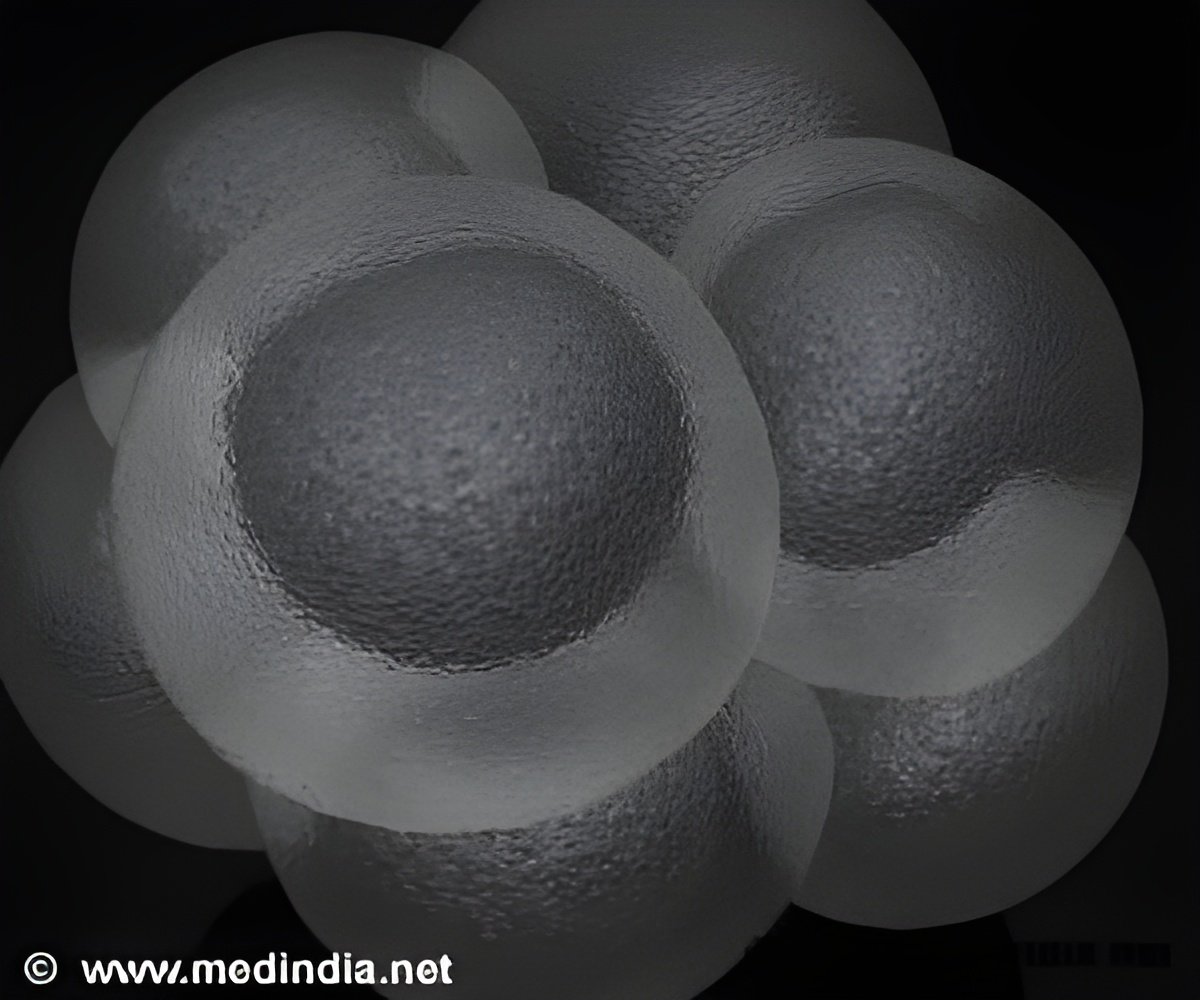A protein with broad virus-fighting properties that potentially could be used as a weapon against deadly human pathogenic viruses was identified by a team of UCLA-led researchers.

Interestingly, the CH25H enzyme is activated by interferon, an essential antiviral cell-signaling protein produced in the body, said lead author Su-Yang Liu, a student in the department of microbiology, immunology and molecular genetics at the David Geffen School of Medicine at UCLA.
"Antiviral genes have been hard to apply for therapeutic purposes because it is difficult to express genes in cells," said Liu, who performed the study with principal investigator Genhong Cheng, a professor of microbiology, immunology and molecular genetics. "CH25H, however, produces a natural, soluble oxysterol that can be synthesized and administered."
"Also, our initial studies showing that 25HC can inhibit HIV growth in vivo should prompt further study into membrane-modifying cholesterols that inhibit viruses," he added.
The discovery is particularly relevant to efforts to develop broad-spectrum antivirals against an increasing number of merging viral pathogens, Liu said.
Working with Jerome Zack, a professor of microbiology, immunology and molecular genetics and an associate director of the UCLA AIDS Institute, the researchers initially found that 25HC dramatically inhibited HIV in cell cultures. Next, they administered 25HC in mice implanted with human tissues and found that it significantly reduced their HIV load within seven days. The 25HC also reversed the T-cell depletion caused by HIV.
Advertisement
In collaboration with Dr. Benhur Lee, a professor of pathology and laboratory medicine and a member of the UCLA AIDS Institute, they discovered that 25HC inhibited HIV entry into the cell. Furthermore, in cell cultures, it was found to inhibit the growth of other deadly viruses, such as Ebola, Nipah and the Rift Valley Fever virus.
Advertisement
He noted some weaknesses in the research. For instance, 25HC is difficult to deliver in large doses, and its antiviral effect against Ebola, Nipah and other highly pathogenic viruses have yet to be tested in vivo. Also, the researchers still need to compare 25HC's antiviral effect against other HIV antivirals.
Source-Eurekalert











